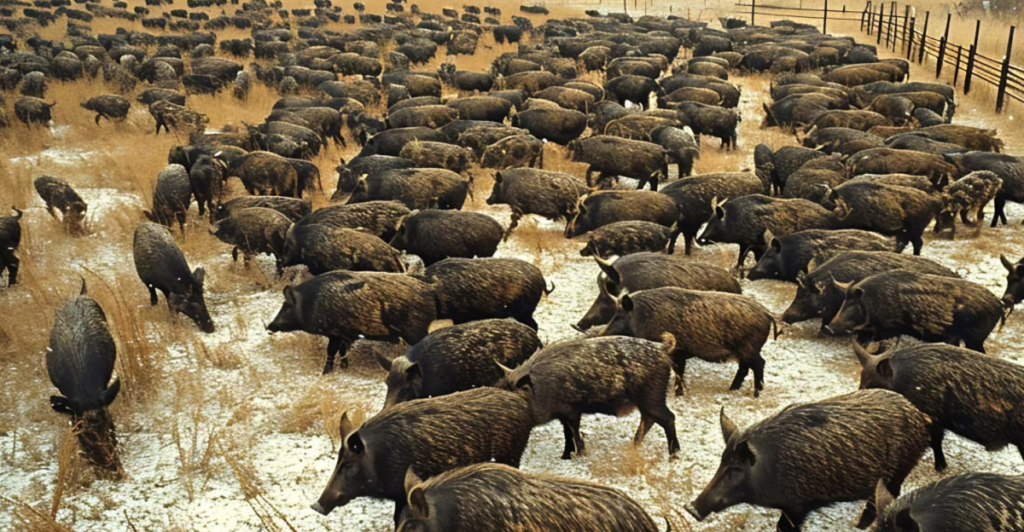
Live music and rolling hills are not the only popular things Tennessee is known for. The state has a new, unwelcome guest: wild hogs. Hordes of feral swine have found a home in 80 of the state’s 95 counties, wreaking havoc on agriculture, native wildlife, and even human safety.
Wild Hogs vs. Domestic Pigs
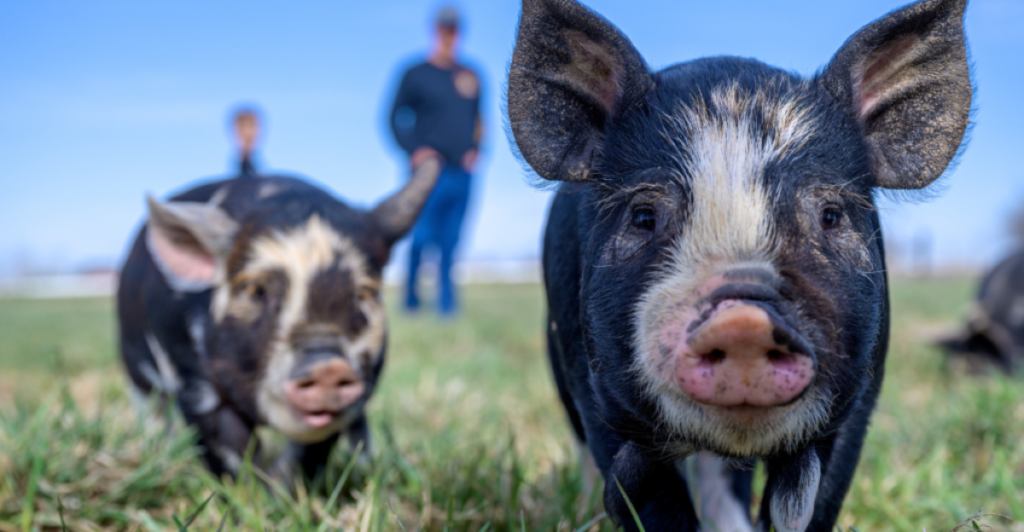
Though domestic pigs love farm life, their wild companions are an entirely different animal—literally. Wild hogs sport coarse hair, longer tusks, and narrower bodies, well-suited for a life of chaos in the wild. These hogs are untamed and extremely destructive in contrast to their more docile, domesticated counterparts.
The Not-So-Grand Entrance
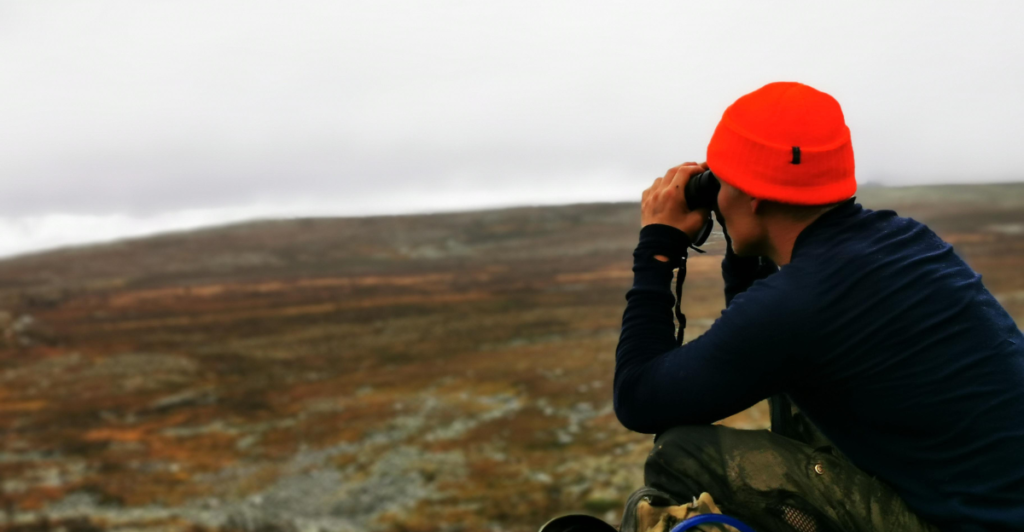
The introduction of wild hogs to Tennessee was not a red-carpet affair. Instead, they were illegally introduced to add to the hunting stock and simply loved the state’s rich landscapes. Their numbers swelled without natural predators and fast reproduction rates, leading to this concerning and sorry state of affairs.
Farming Frenzy
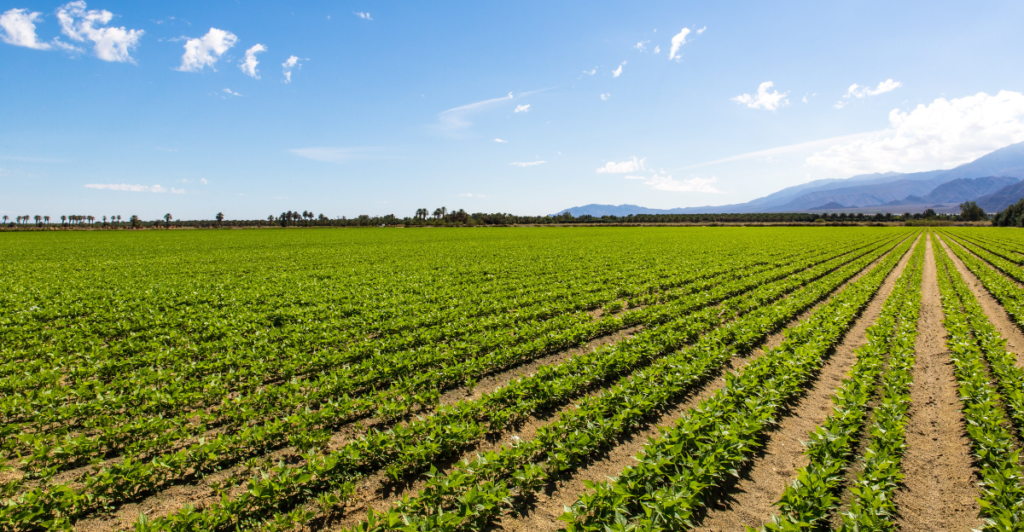
With the wild hogs taking over the state, farmers wake up to discover their neatly seeded crops razed, fences toppled, and fields resembling a battlefield after a war. These pillagers cause millions of dollars worth of damage annually, transforming fertile plains into their playgrounds and destroying farmlands in their wake.
An Unbalanced Ecosystem
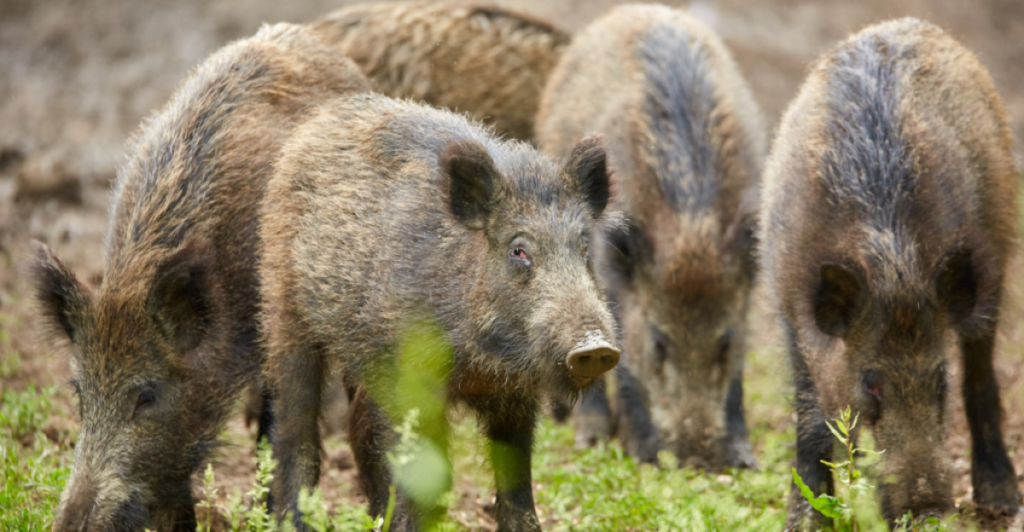
Wild hogs are not picky eaters; in fact, they will eat anything from crops to small mammals. Their omnivorous feeding habits disrupt the local wildlife ecosystem, making native species compete for food and shelter. Nature’s equilibrium is hanging by a thread with these pigs muscling their way up the food chain.
Reproduction Gone Wild
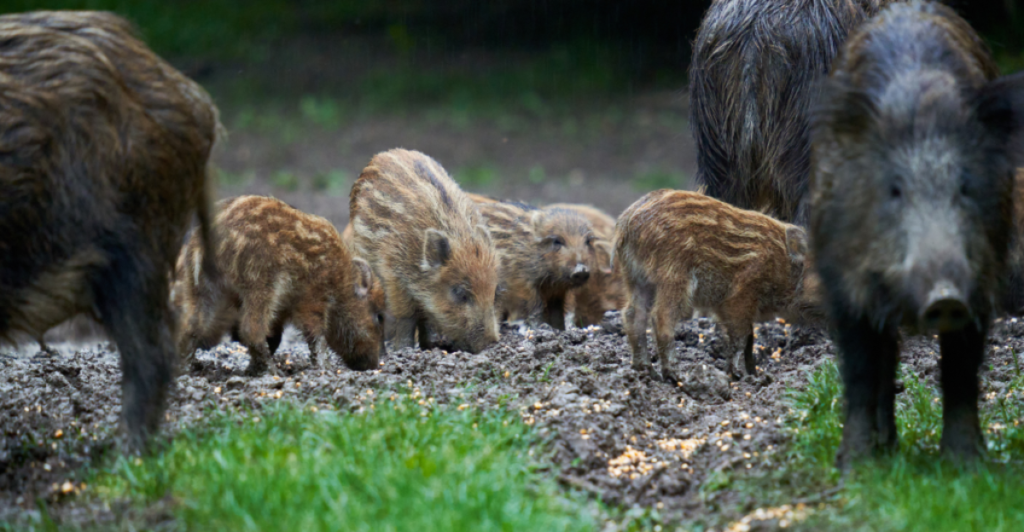
If wild hogs had a motto, it could be “go forth and multiply.” A female can produce up to two litters a year, with 4 to 12 piglets per litter. Their rapid rate of reproduction makes population control a Herculean task, as they quickly breed up into a large number.
The Disease Dilemma
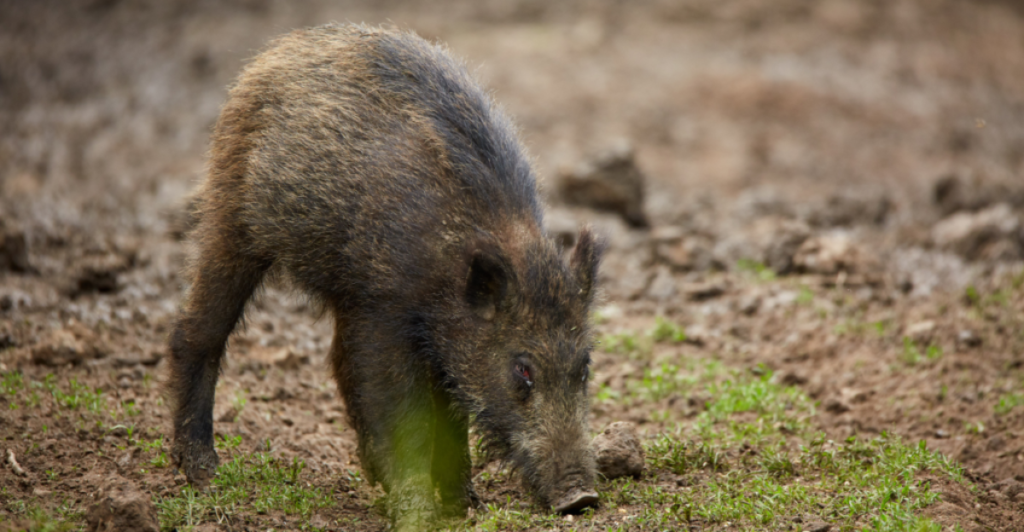
These pigs are not just a nuisance; they are a health hazard. With 30 diseases and numerous parasites, they pose a threat to livestock and humans, where a confrontation with a wild pig could be the spread of disease. Therefore, wild hogs are not desirable neighbors as they can decimate large groups of livestock in one single instant of contact.
Muddy Waters
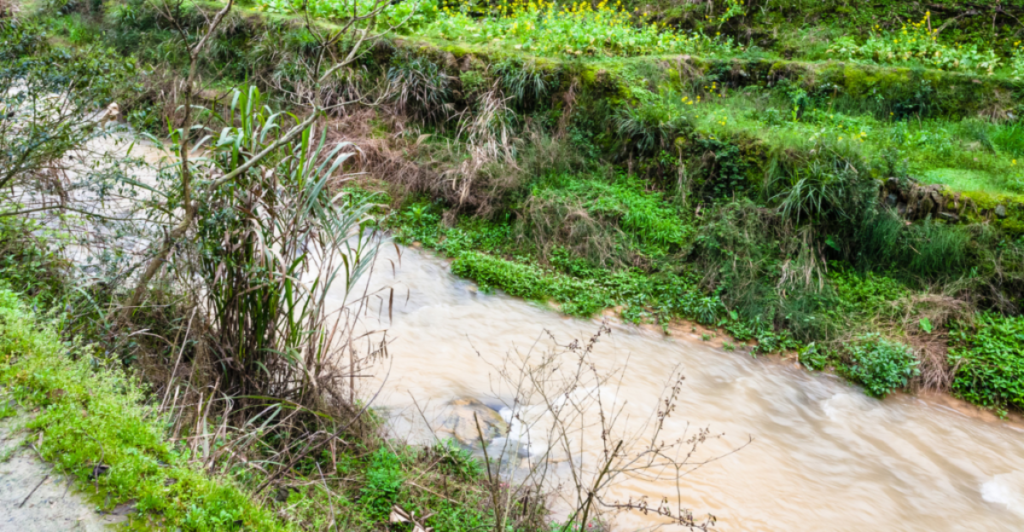
Wild boars also tend to wallow in small water sources, effortlessly polluting them. Their vandalism can result in long-term ecological issues, especially in farmlands. Their destructive behaviors can negatively impact ecosystems both in the short term and in the wider ecosystem that relies on pure water and good earth.
Counting the Cost
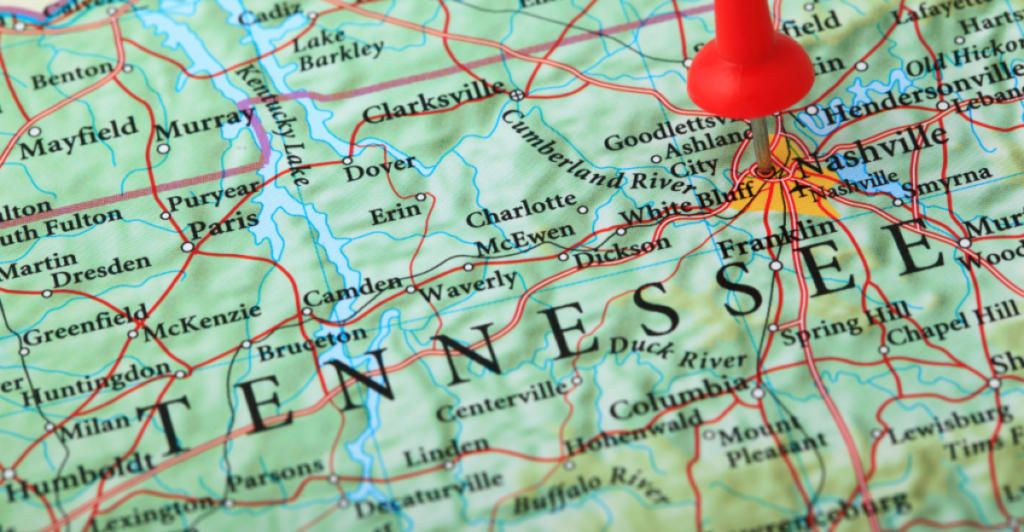
The economic impact of feral hogs in Tennessee is astounding. The Tennessee Wildlife Resources Agency calculates losses of more than $26 million. These losses include agricultural, property, and control efforts, placing a burden on farmers and taxpayers alike.
Hunting for Solutions
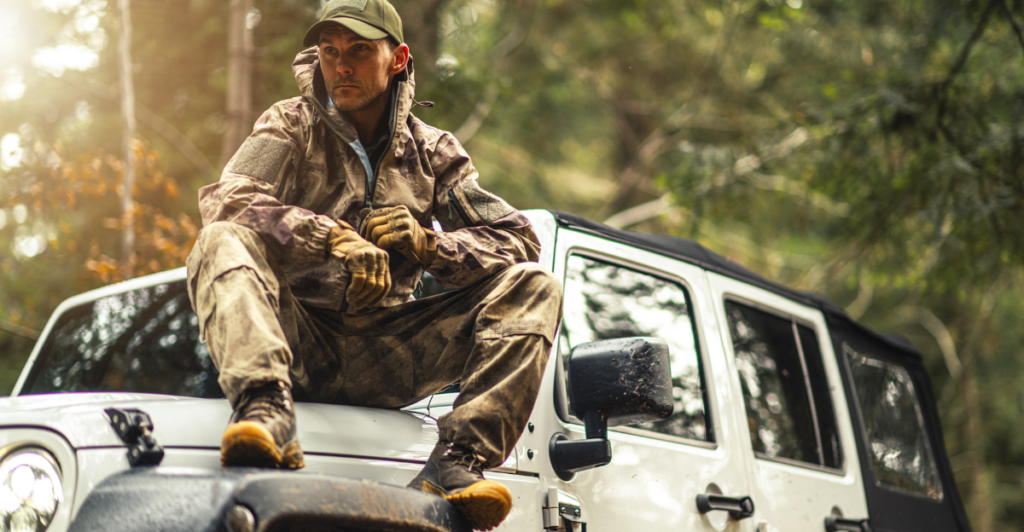
While hunting would seem to be the best and easiest solution to the problem, feral hogs are intelligent animals. Their intelligence and dexterity make the more traditional methods of hunting rather ineffective as they quickly learn how to get around traps and hunters, making more advanced control measures necessary.
Trapping Triumphs
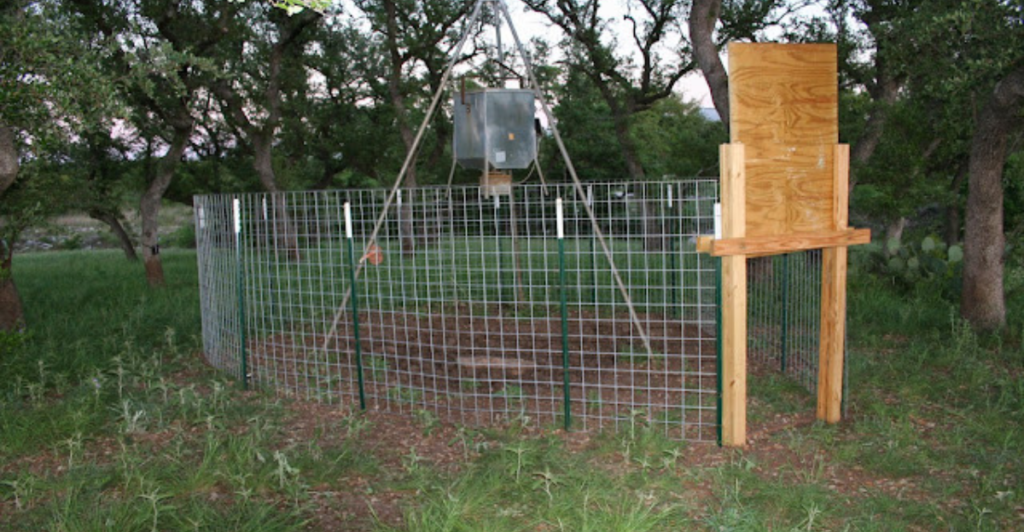
Wildlife experts advocate large-scale trapping as the most effective method of population control. Combined efforts between local farmers, policymakers, and conservationists to set up corral traps have been encouraging, but widespread and regular use is the key to sustained success.
When Knowledge is Key
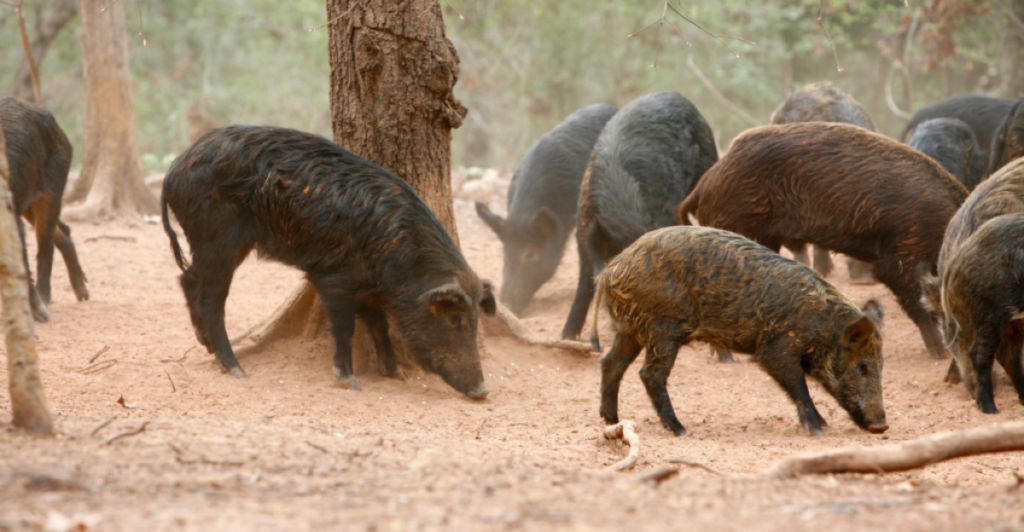
Educating the public about the dangers and impact of wild hogs in the area is key to combatting this increasingly concerning problem. Some individuals unintentionally worsen the issue by illegally relocating hogs for hunting purposes. Apart from health risks, this can result in significant financial loss to the state without effective measures for their control.
Battling the Invaders
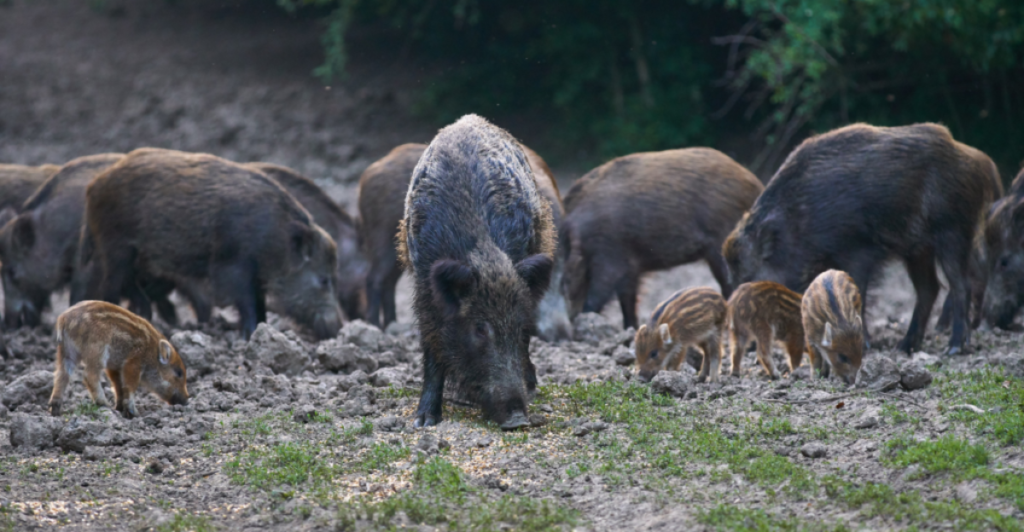
Tennessee’s fight against this invasive species requires aggressive and sustained intervention that emphasizes the role of public education and proactive management. In addition to ongoing research and government action, citizens are requested to report sightings and aid in control, striving to reestablish balance within the state’s ecosystems.
Explore more of our trending stories and hit Follow to keep them coming to your feed!

Don’t miss out on more stories like this! Hit the Follow button at the top of this article to stay updated with the latest news. Share your thoughts in the comments—we’d love to hear from you!







